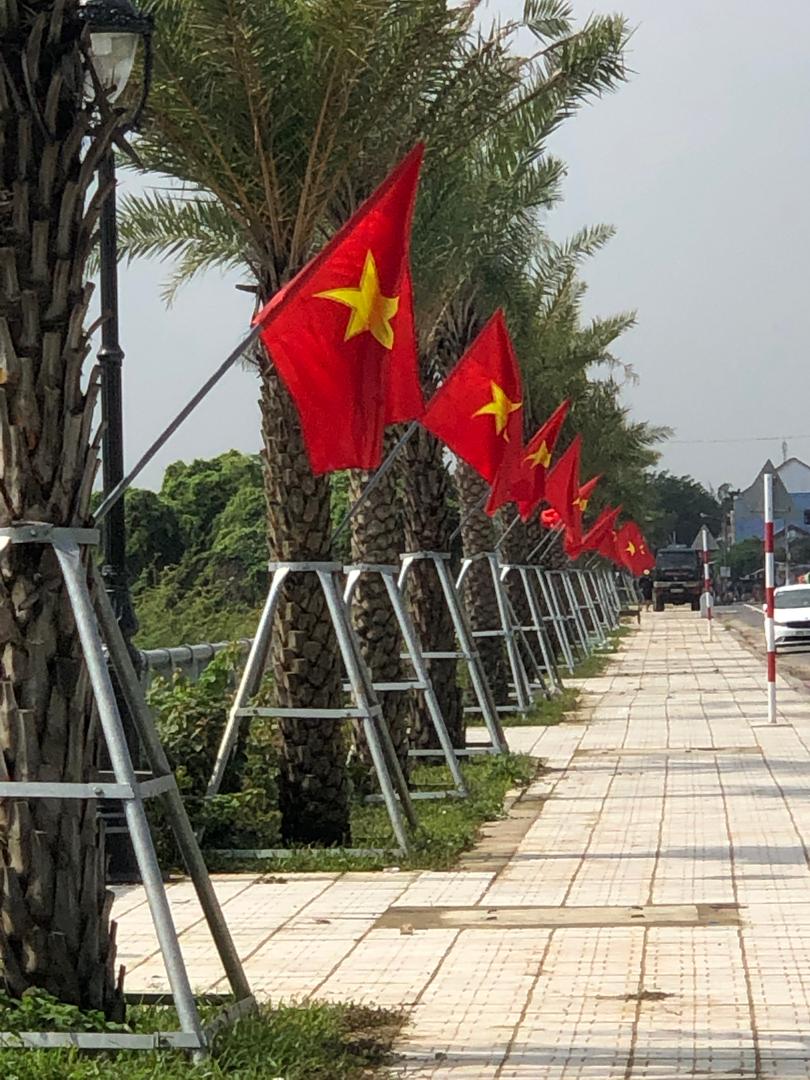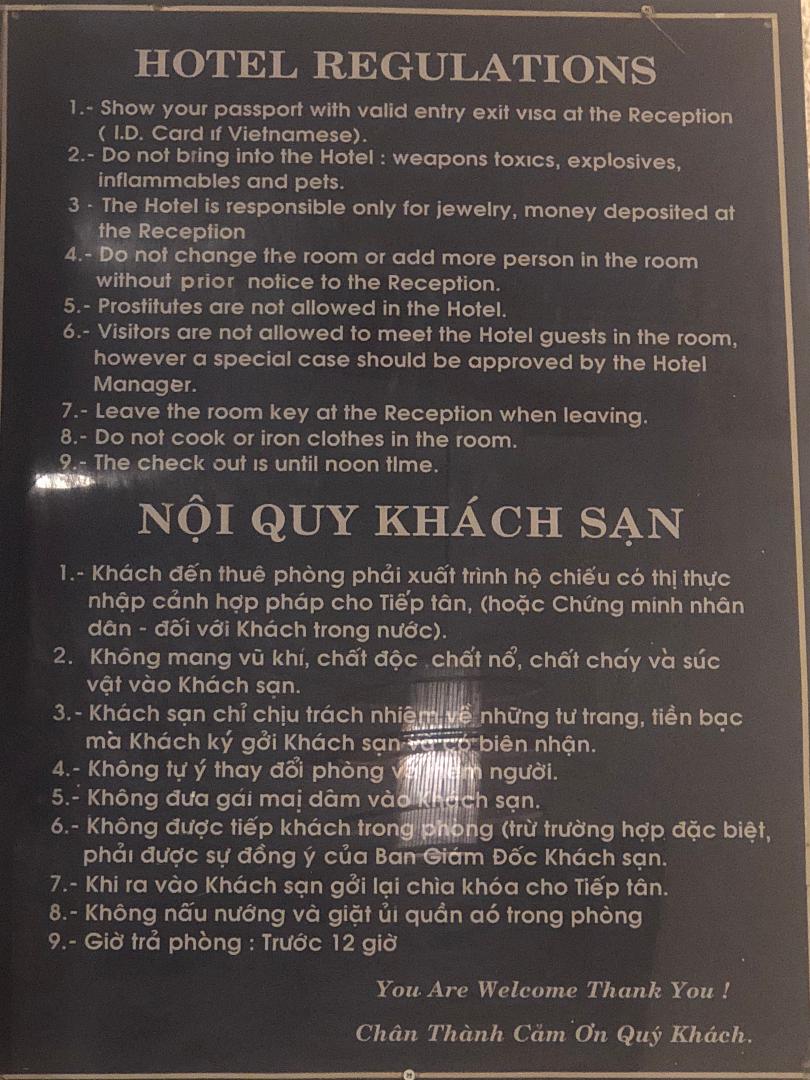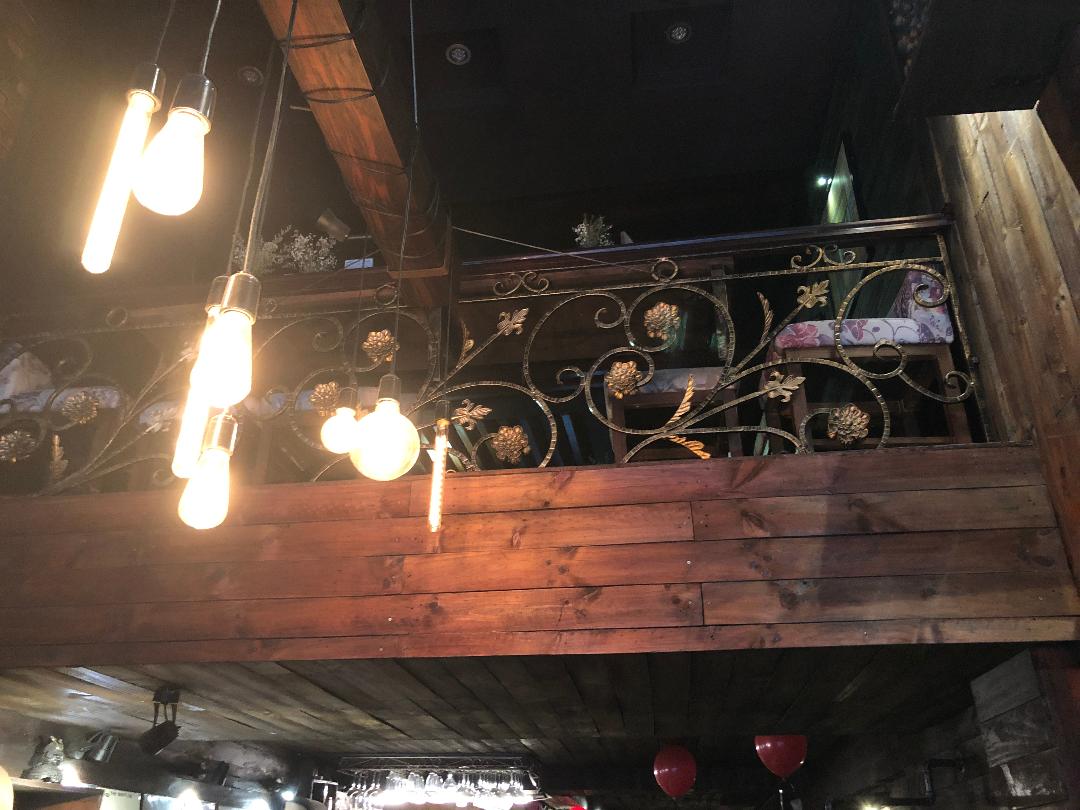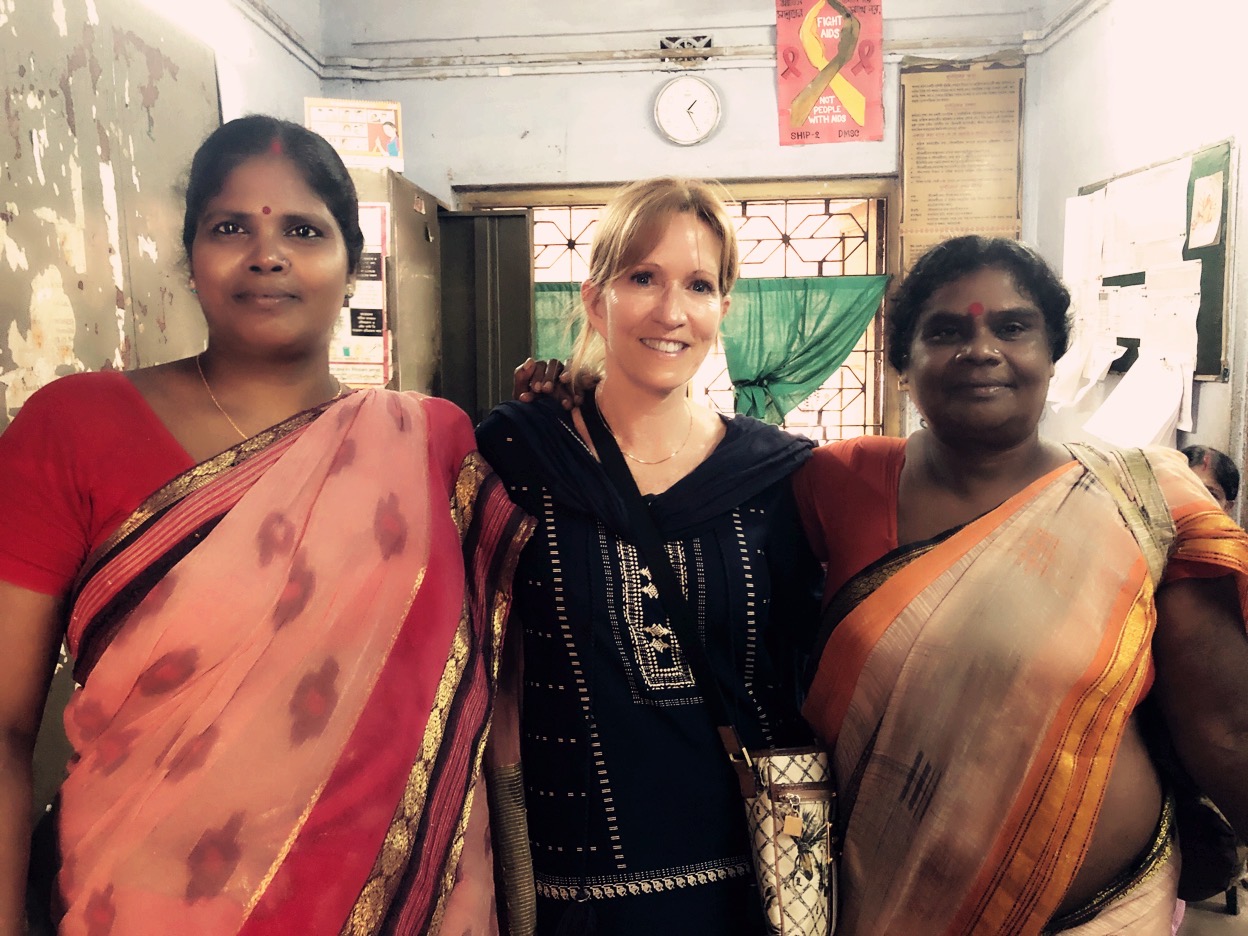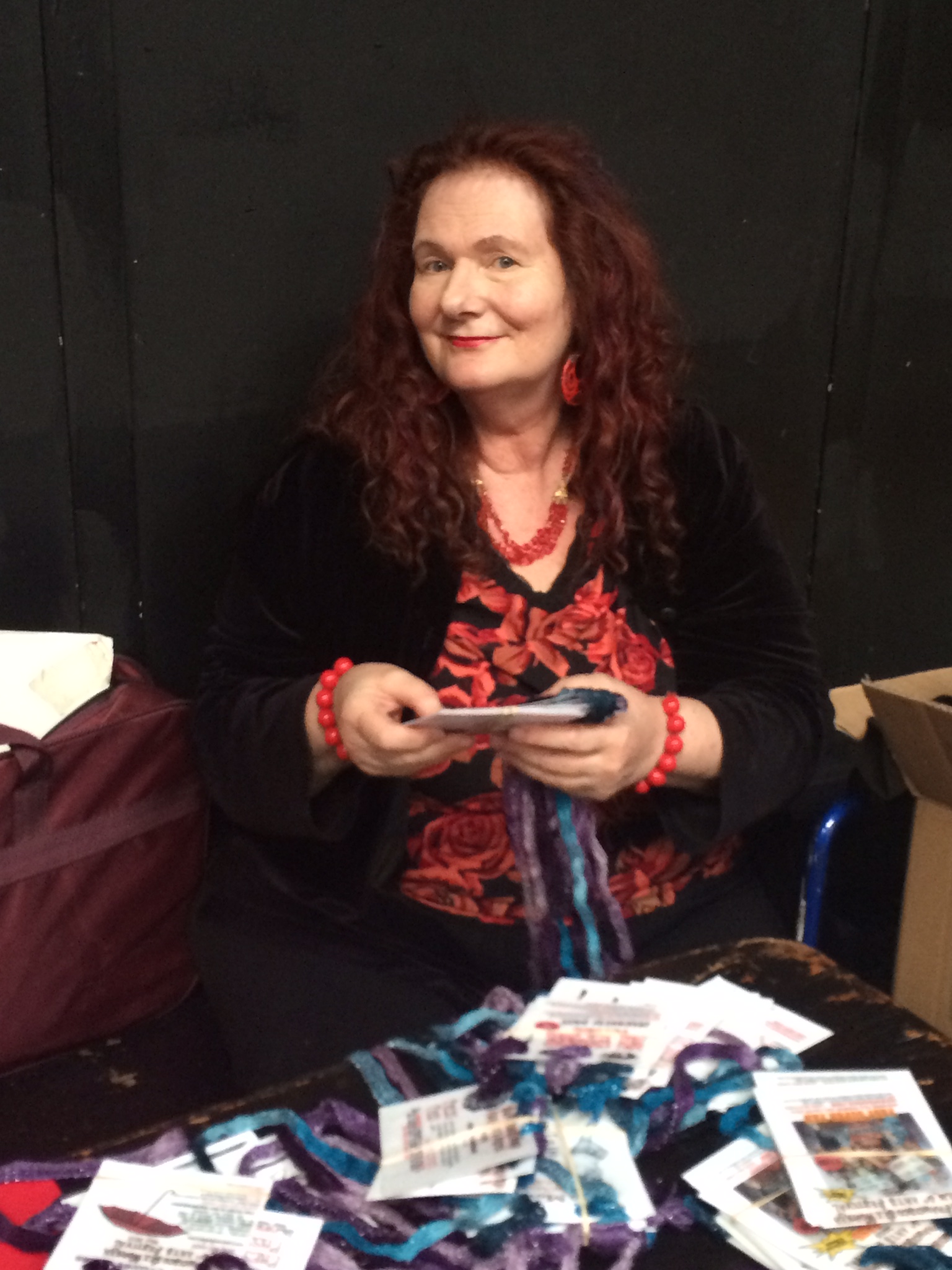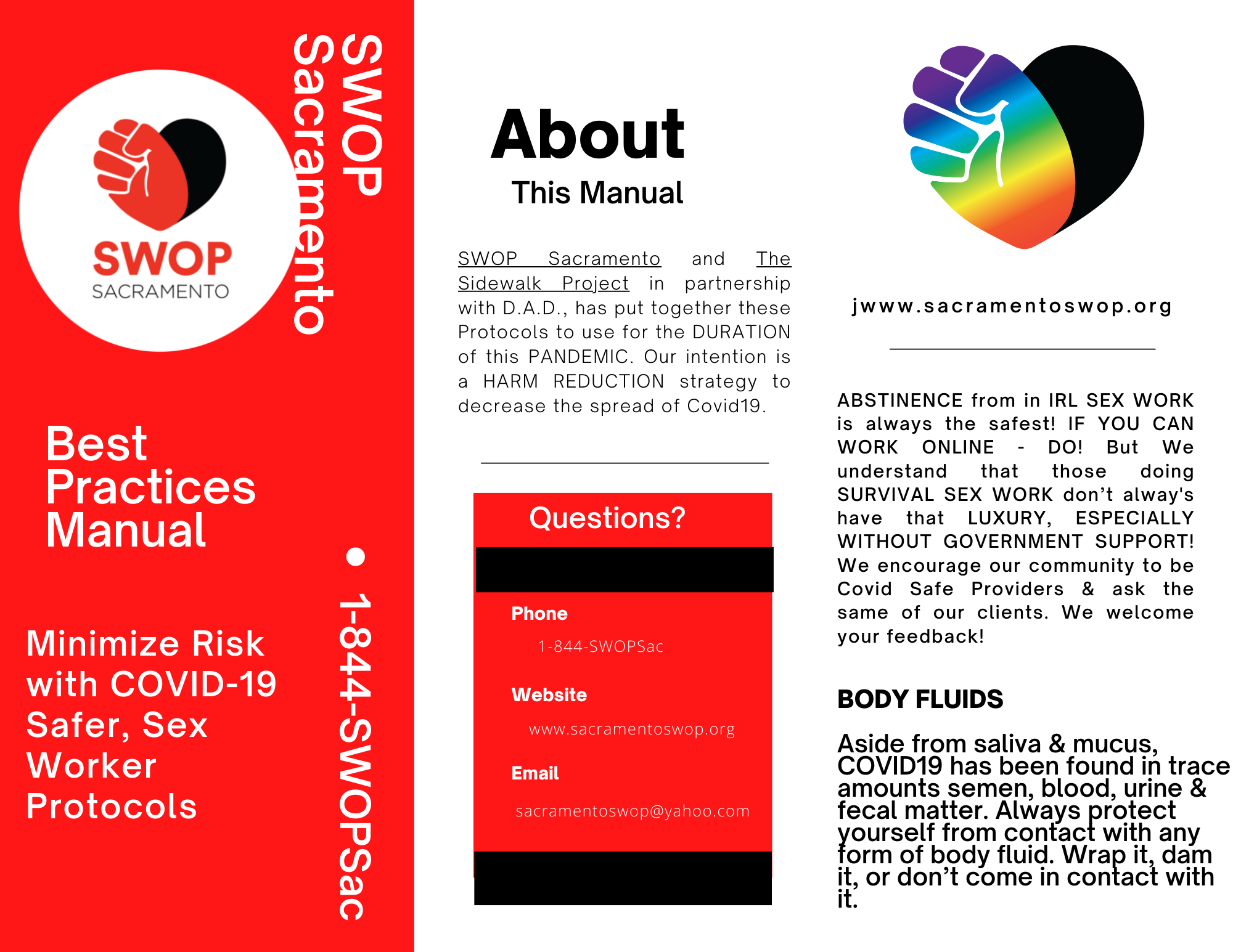Written by Kristen Di Angelo
In January of 2019 I was able to travel to Vietnam and meet with the Vietnam Network of Sex Workers (VNSW), a100% sex worker led organization, that has achieved what we here in the states have yet to do – decriminalize both sex workers and clients through out the entire country. Vietnam Network of Sex Workers was founded by a woman named Thuy, who I had the honor of meeting while in Hanoi.
I gave very little thought to the fact that setting up the meeting in Vietnam might not be allowed by the government; which speaks to my own heritage and being raised in the United States. We had agreed to meet in Hanoi during the last week of my trip to Cambodia and Vietnam. I had already been to Thailand and met with Empower, a very amazing organization that fights for the rights of sex workers, so somehow I thought things would be the similar. We agreed to pin down the details right before our actual meeting.
Correspondence done, I could now explore and attend the yoga retreat in Angkor Wat that I had also planned to experience during my visit. After my time in Cambodia, I crossed back into Vietnam and began my trek up north. As I traveled through small towns throughout the Country, I began to see signs of Vietnamese unity. For instance, in every town and every city it was common to see the Vietnam flag lining the street and hanging out front of every business. I have no idea if this was heartfelt, out of fear, or just a way to keep the peace, but it was definitely apparent.
The people in Vietnam seem to be very happy. I saw no homeless, no one panhandling, and a very strong sense of family and community. Another thing I noticed was a very very small police presence. I could go days in cities that boasted an excess of 8 million people and maybe see 1 police car or a couple guards outside of a government building. But what was apparent was that the National Government, which is Communistic, did control information that was being spoken, written, or otherwise made public. Art stores began to look the same as artist, for the most part, only painted what was government approved, so as VNSW and I began to make plans to meet, I began to question the sanity of my decision. However, I’d made it that far and wanted to connect in order to understand how we could best join together in this fight.
We agreed on meeting in a typical, small coffee shop on a crowded street in Hanoi. We decided to meet early in the morning as the city itself was just waking up. I was the first to arrive and entered the establishment, inside the coffee shop was a second story floor and I made my way upstairs. I seated myself at the end of a long table that bordered a bannister overlooking the most of first floor and out the window. Exactly on time, I saw a petite woman ride up on a scooter. Unlike the normal dark and banged up motorbikes that lined the streets and clogged the roadways in Hanoi, her bike was a fairly new, cream colored bike with a somewhat retro look. Something I could imagine June Cleaver or Doris Day on if they were ever to have ridden a scooter. Her helmet matched and her coat was white, a stark contrast from the usual clothing donned by local motorists.
She parked her bike, but lingered. In fact, she made a phone call after looking both up and down the street a multitude of times. Then she made another phone call, all while casually propped up on her bike and surveying the landscape. After about 15 minutes, her helmet came off and her long black hair fell over her shoulders. After another long pause to look around, she slowly crossed the street and entered through the front door. She stopped by the counter, ordered a tea, and then climbed the stairs to where I was. Unlike here in the US, where one would usually greet someone immediately, she made her way to the table sitting 3 chairs down but facing the front door directly. She looked down at her phone and typed something in and, as she did, I felt my phone ding. Without looking up, or even acknowledging me, she sent me a message welcoming me to her country and telling me that more people were on the way. One by one over the next half hour, women kept repeating what she had done until five women besides myself were sitting at the table, all drinking tea and communicating on an encrypted app.
Second to last to appear was a woman named Thuy. She was clearly older than the others and in a few moments I understood the significance of her being there. Thuy had more lived experience than the others at the table. She was the person who single handedly lobbied the Vietnamese Government and had been successful. Her stories of her time spent in detention centers, her rapes, and the violence she had to endure at the hands of bad clients and police were enough for them to research her accusations and, in the end, abolish all the detention centers that housed sex workers in the entire country. Through their critique of the trafficking paradigm that conflated sex work and human trafficking, they made progress. Their approach was based on harm reduction and was backed by local HIV and AIDS organizations. As of January of this year (2019), the Vietnamese Government has added sex workers to the national budget with funding for both health care and transitional services.
I had brought some literature from SWOP with me, for them, and it not only astounded but clearly invoked fear as well. I was informed that they were not allowed to put anything in writing and even had to be cautious about what they said. By the end, we were laughing and trading stories, although much of it through an App, about our life in the work and the hustle. As we sat there in verbal silence, our profession was a common bond that transcended the language and fear barriers.
One of the main lessons learned in Vietnam was that even though decriminalization is the model we aspire to in the US, it is only the beginning. In a decriminalized country workers still face stigma and discrimination that often prevents them for accessing basic rights and public services such as health care and in a decriminalized county violence will continue to be pervasive if law enforcement turns a blind eye.
Although our countries are very different, I became aware as we sat side by side staring out a widow that led to the city of Hanoi, that we all speak the same language and that we all want the same thing… to work in the safest way possible.
My take aways from my meeting with VNSW:
- Decriminalization is the beginning of fighting for our rights. Issues such as violence, access to banking, equal rights on internet forums, health care and more will still be an issue.
- If we don’t pass a comprehensive decriminalization plan our labor terms will be fought over by big business. Issues such as business structure (what is a brothel, what isn’t a brothel, how many people can work together, who has to have permits and who doesn’t, what kind of permits are there, who holds the key to those permits etc), zoning, taxation, healthcare, legal protections, and so many more issues will be negotiated over us without our voices being present.
- Stakeholder voices are imperative in the conversation. Without our stories, the outside world has no idea what our lives are like,
- Censorship within the US is a threat to our knowledge of the world. Information is often withheld from us.
- The US Government still requires other countries to sign anti-prostitution pledges such as the PEPFAR in order to obtain aide from us for HIV or AIDS. This type of agreement not only requires the other government to conduct stings but to deliver stats on how many were arrested etc, even if it is not in the best interest of the sex workers or trafficking victims.
- Although Vietnam is a communist country and freedom of speech is definitely not a right afforded to the people, their government has been quicker to listen and act than the US government.
- Just like here in the US, the workers are asking for rights not rescue. They are asking for safer working conditions, abilities to report and stop rape, and to find some mechanism to stop police misconduct which included every thing from extortion to trafficking, and from rape to battery. In this area, I found no difference in the issues sex workers faced in the US or in Vietnam.

